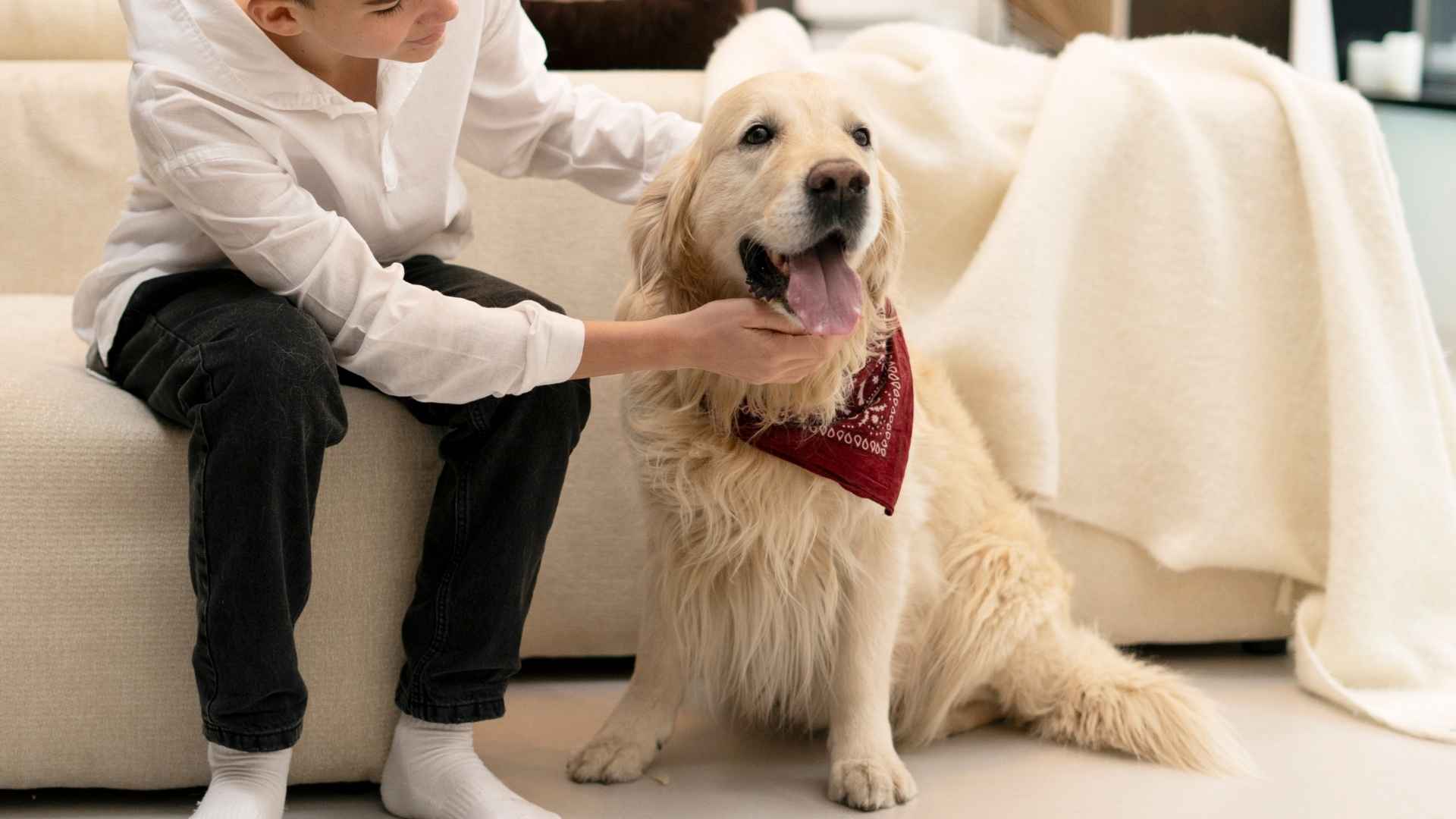Did you know that a wagging tail and a soft nuzzle can be just as powerful as a heartfelt hug? In therapy settings, dogs with a gentle nature are doing remarkable work, offering comfort, reducing anxiety, and sometimes even helping people find their smile again. Science continues to confirm what many of us have felt for years: the presence of a calm, affectionate dog can soothe the soul and lift the spirit like nothing else.
In a world that can often feel overwhelming, therapy dogs step in with a quiet kind of magic. They don’t ask questions, they just offer warmth, companionship, and a steady heartbeat to lean on. If you’re drawn to dogs that offer more than just cuteness (although they often have that too), you’re in the right place. From snuggly lap dogs to larger, reassuring companions, we’re about to explore the best gentle therapy dog breeds.
Gentle Therapy Dog Breeds
7. Newfoundland
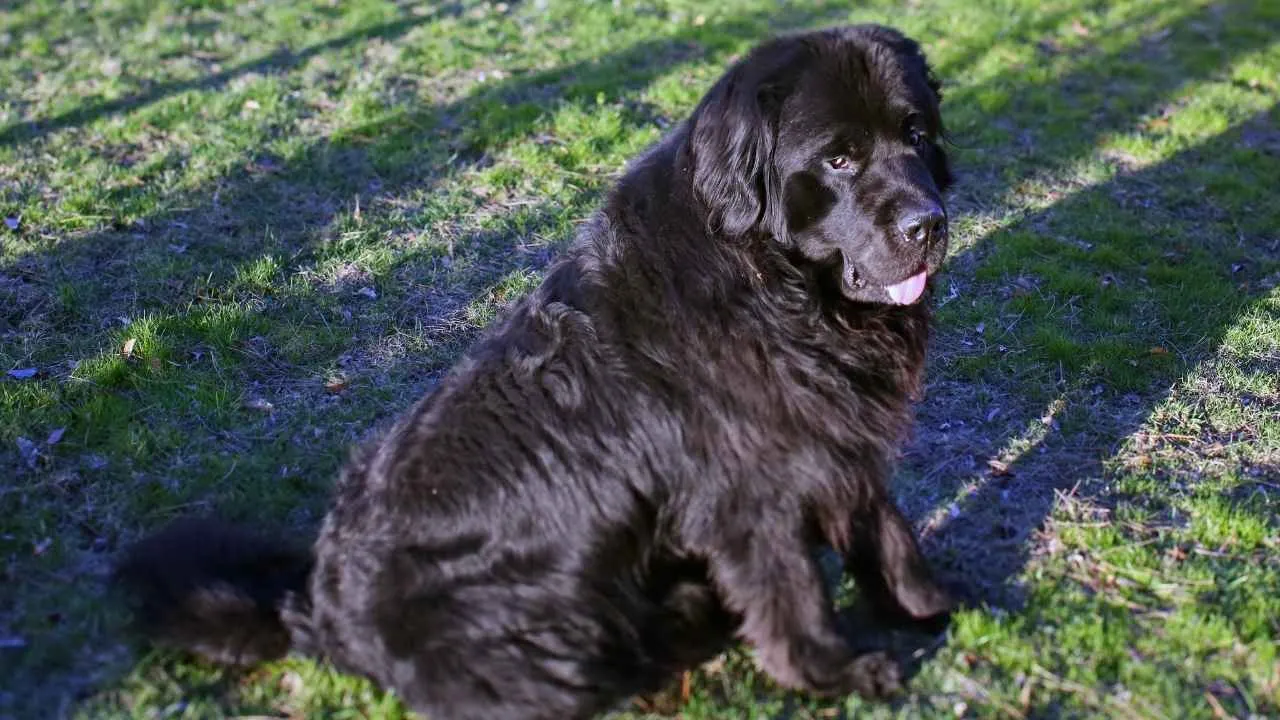
A true gentle giant, the Newfoundland is cherished for its sweet presence and patient nature, as per the AKC. Originally bred to work alongside fishermen, this breed brings a deep sense of purpose and intuition to therapy settings.
Newfoundlands are known for their sweet, patient nature, making them exceptional companions in hospitals, schools, and homes. Their adorable personality helps create a comforting atmosphere, often easing anxiety with just a nudge or cuddle.
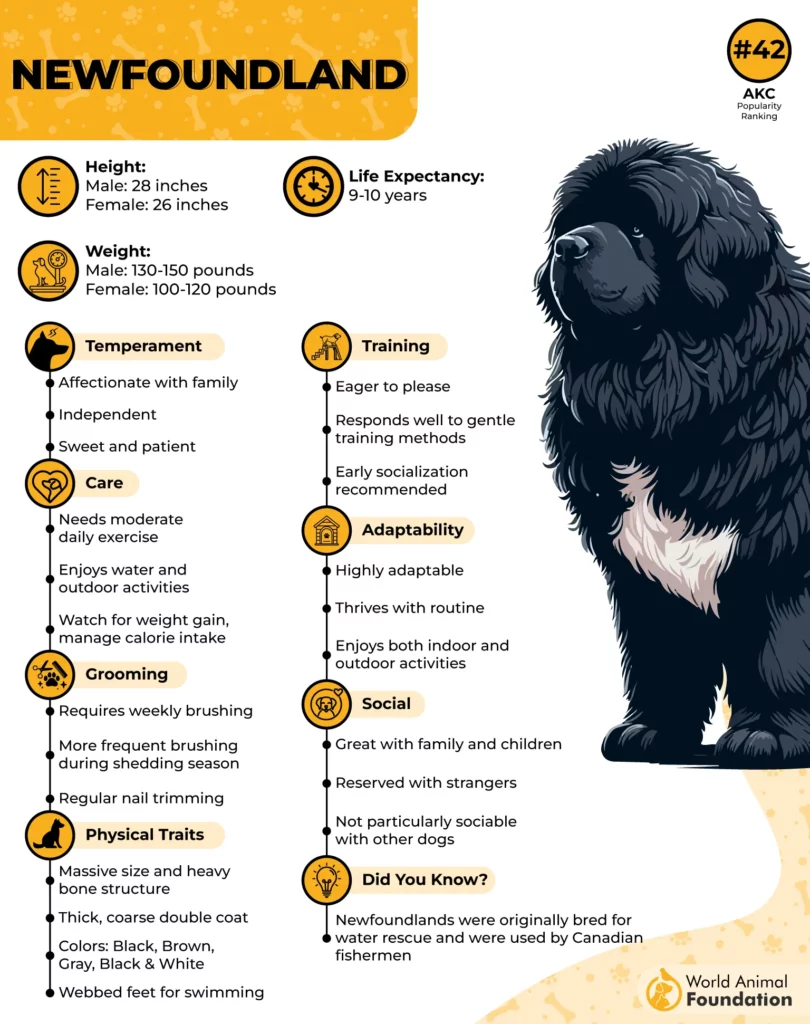
These dogs are intelligent and highly trainable, which adds to their suitability for therapy work. Whether quietly resting beside someone in need or participating in gentle activities, they seem to instinctively know how to help.
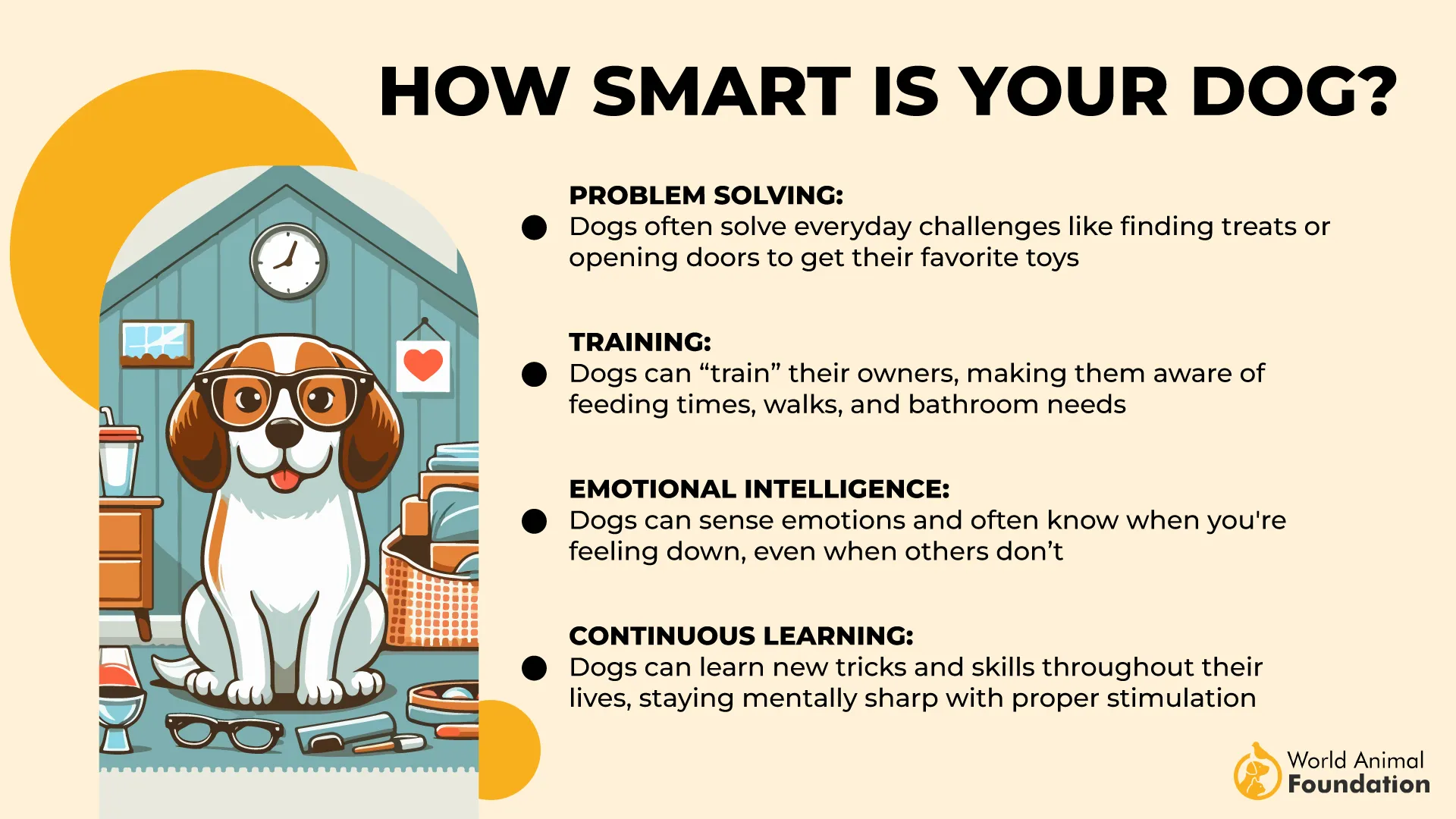
While they are large in size, their slow, composed demeanor makes them approachable and non-intimidating. Their soft, thick coats are also a delight to pet, something many find soothing during emotional moments.
With a heart as big as their paws, Newfoundlands thrive when they’re giving comfort and companionship. For those seeking a dog that offers both strength and serenity, this breed is a beautiful match.
6. Cavalier King Charles Spaniel
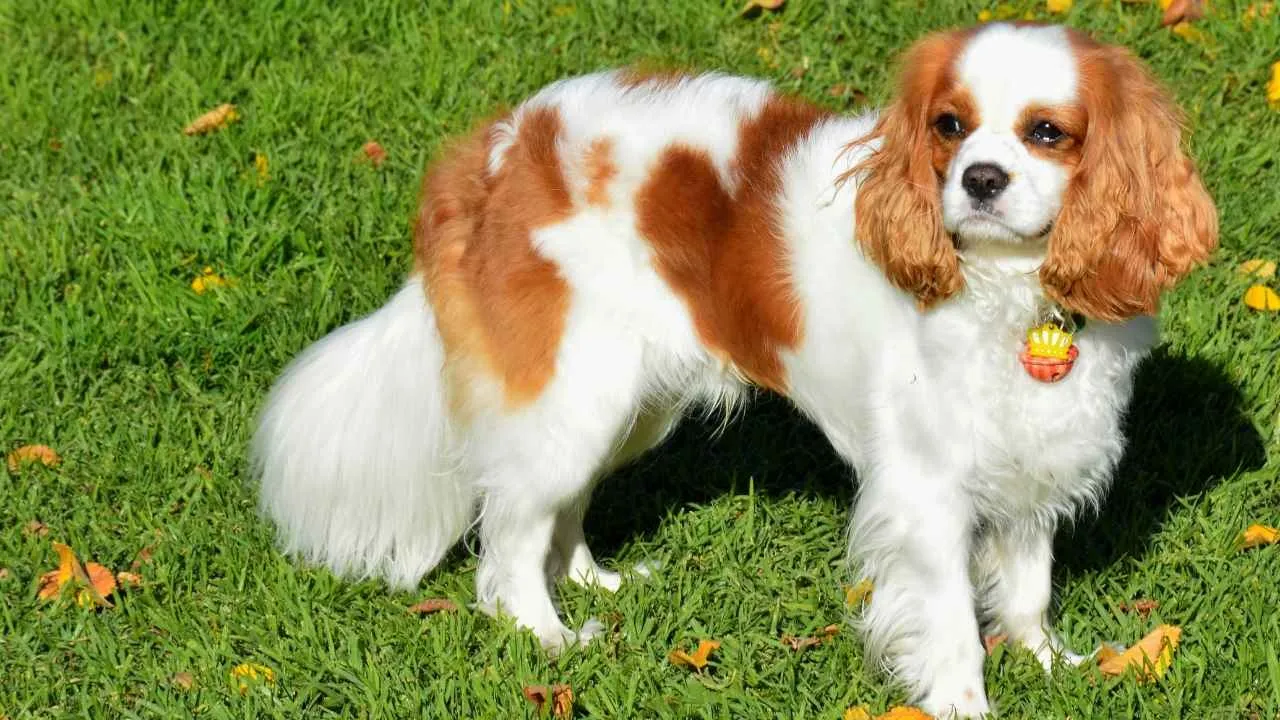
Cheerful and affectionate, the Cavalier King Charles Spaniel has long been treasured for its gentle presence and loving personality, as per Britannica. Originally bred to be royal lap dogs, these spaniels continue to offer quiet comfort wherever they go, making them natural therapy companions.
Cavs thrive on human connection and adapt beautifully to new faces, including children, seniors, and even strangers. With their silky coats, soulful eyes, and ever-wagging tails, they have a gift for making people feel at ease.
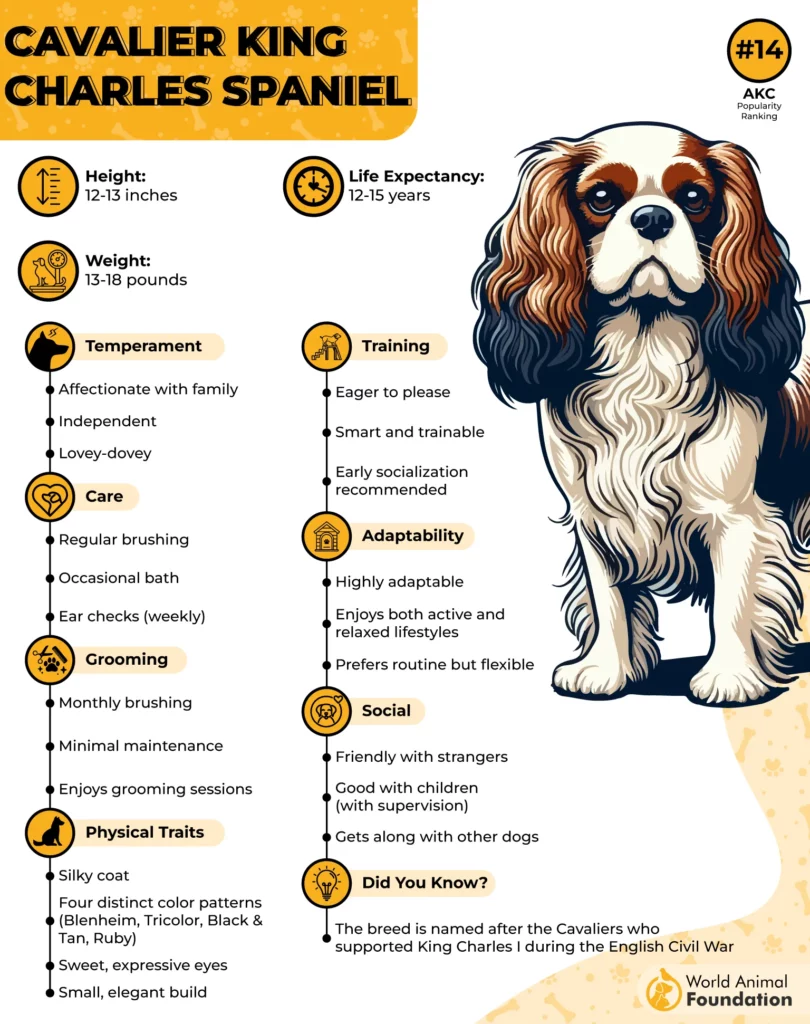
Although small in size, they have a big heart for service. Their calm and loving nature shines in environments like hospitals or assisted living centers, where quiet companionship makes a big impact.
These dogs enjoy being close, whether curled in a lap or lying beside a hospital bed, and they tend to form deep, intuitive bonds with those they visit. Their friendly, undemanding demeanor allows them to bring peace wherever they’re needed.
Equal parts cuddly companion and confident comforter, the Cavalier King Charles Spaniel embodies the gentle spirit of therapy work.
5. Pug
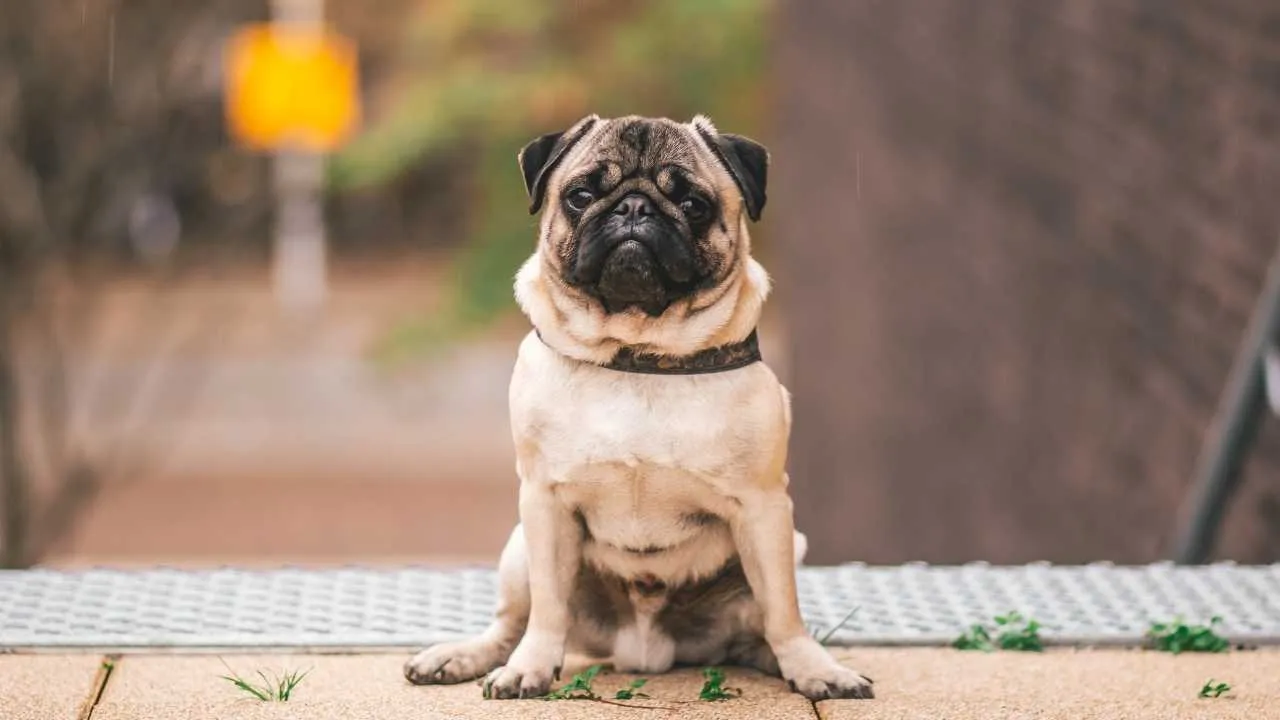
With their wrinkled faces and soulful eyes, Pugs have a special way of melting hearts. Originally bred to be companion dogs, they thrive on human interaction and bring comfort simply by being present. Their lovey nature and small size make them ideal for therapy tasks where a gentle, loving presence is needed.
Pugs are incredibly intuitive and seem to know when someone needs a little extra attention. They’re the kind of dogs who will quietly sit by your side, tilt their head just so, and listen like they understand every word. This makes them excellent emotional support companions.
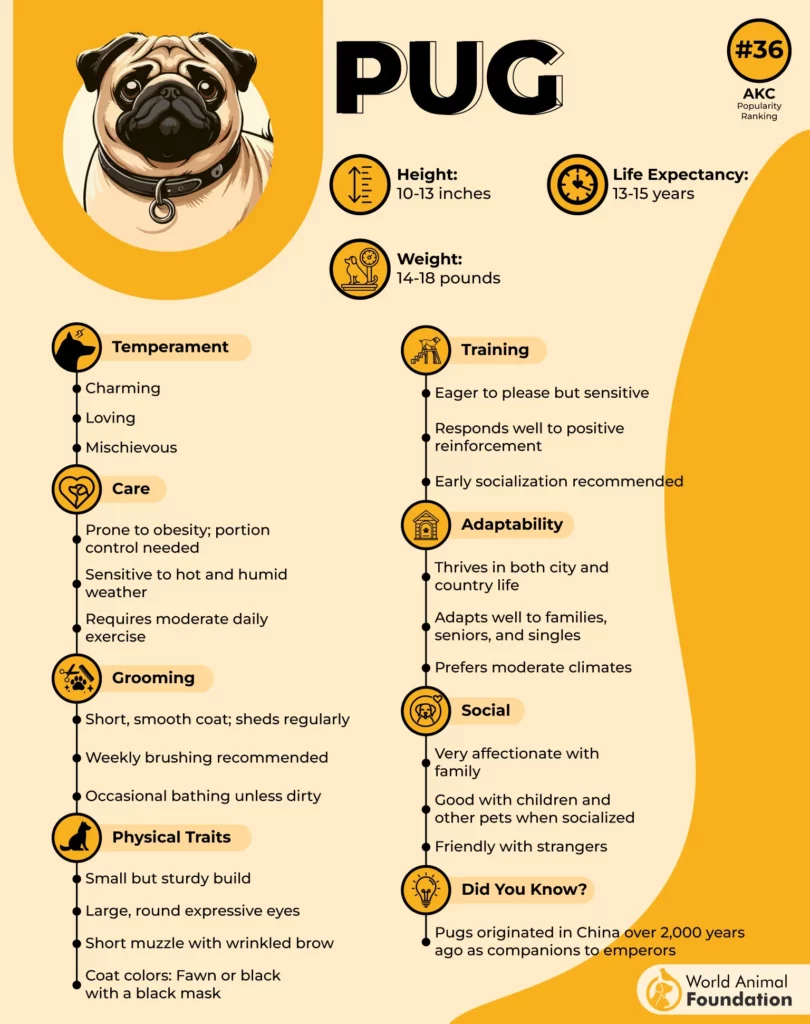
Their playful personality shines through without being overwhelming. Pugs are cheerful without being too excitable, which helps them remain calm in hospitals, care homes, and schools. They tend to draw smiles wherever they go.
Despite their clownish charm, they’re serious about snuggles. These dogs love laps and don’t need much space, which makes them easy to bring along during therapy visits.
Gentle, sociable, and endlessly endearing, the Pug is proof that big healing can come in small, wrinkly packages.
4. Bernese Mountain Dog
The Bernese Mountain Dog brings calm strength and kindness to every space it enters. Originally bred as a working dog in the Swiss Alps, this gentle giant thrives when it has a purpose, especially if that purpose involves comforting others.
Known for their steady demeanor, Berners are naturally drawn to people in need of reassurance. Their gentle gaze and calm presence often help ease anxiety in children and adults alike, making them ideal therapy companions.
These dogs are smart and eager to please, which makes training an enjoyable experience. Their large size pairs well with tasks that offer physical support, like steadying someone with mobility challenges.
Despite their sturdy build, Berners are surprisingly soft in temperament. They’re especially well-suited for therapeutic work in schools, hospitals, and homes where a grounding presence is needed.
At heart, the Bernese Mountain Dog is a nurturing soul in a fluffy coat, always ready to lean in with love, warmth, and a steady paw.
3. French Bulldog
Few dogs wear charm as effortlessly as the French Bulldog. Compact and irresistibly cuddly, these devoted companions are known for their natural love of being petted and snuggled. Their cheerful disposition makes them ideal for bringing comfort in therapy areas, from hospital rooms to quiet corners of a school library.
Frenchies thrive on human connection and easily adapt to a variety of environments. Their small size and sturdy build make them a perfect fit for both laps and busy spaces alike. With the right training, they’re especially skilled at picking up on emotional shifts and offering soothing companionship.
One of the French Bulldog’s standout traits is their laid-back, go-with-the-flow nature. They rarely get rattled and are content to simply be near the people who need them most. Whether offering a paw or a soulful gaze, their presence can ease tension and lift spirits.
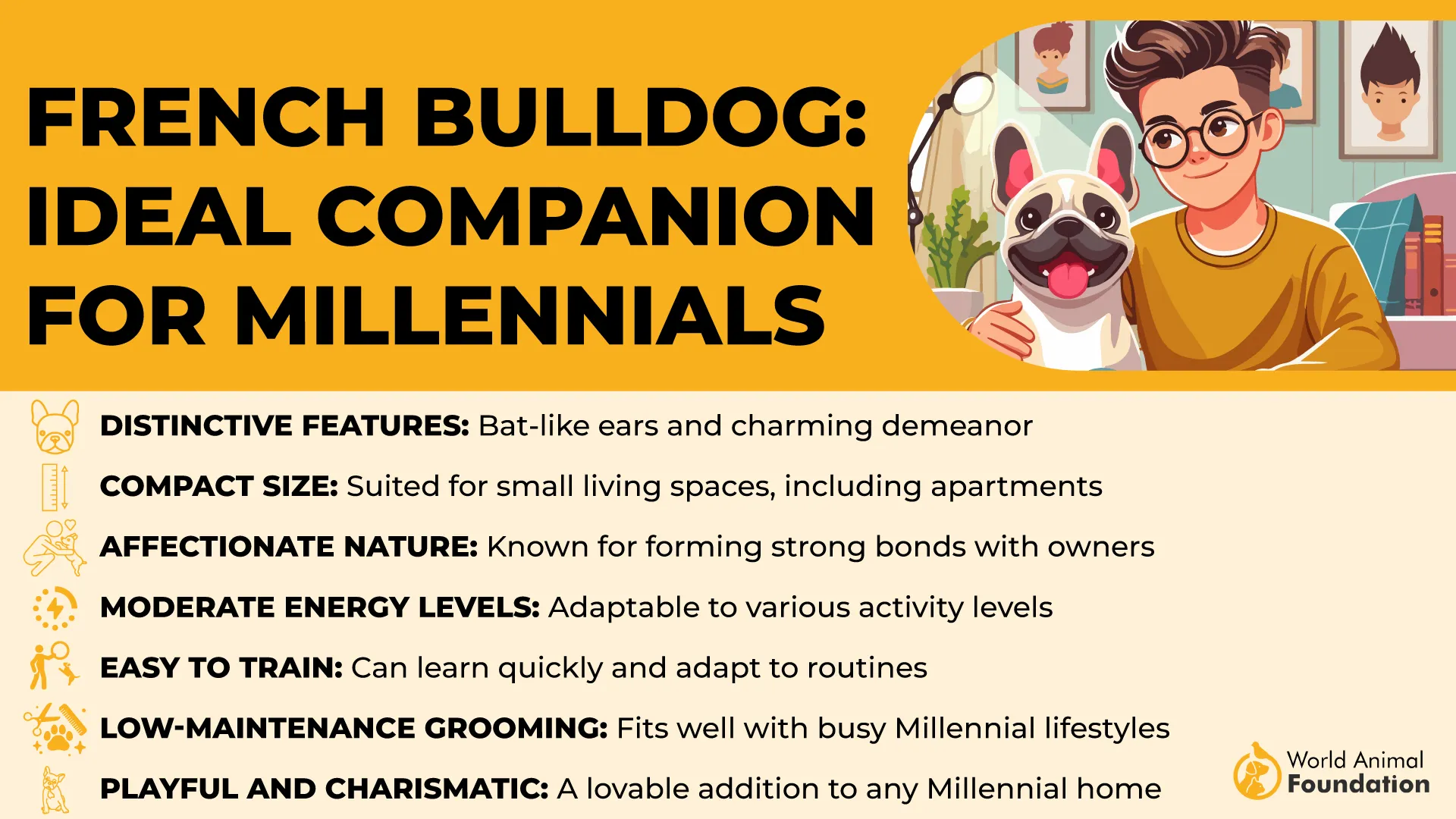
Beyond their charming looks, they’re intuitive, making heartfelt bonds with people of all ages. These dogs don’t just show up, they show they care.
For therapy roles that call for gentleness, adaptability, and a touch of joy, the French Bulldog brings it all, wrapped in a wrinkled, smiling package.
2. Boxer
Boxers may look tough on the outside, but they’re soft-hearted sweethearts when it comes to therapy work. Known for their affectionate and devoted nature, these energetic dogs love connecting with people, especially children and older adults. Their friendly, expressive faces seem to mirror emotions, making them wonderfully intuitive companions.
PetMD states that they are playful, happy, and highly energetic dogs. This breed thrives on human interaction, often seeking out cuddles and playtime with those around them. Their natural curiosity and playful spirit can brighten anyone’s day. Boxers enjoy being part of the action and quickly become loyal, engaging partners.
Despite their size, Boxers are remarkably gentle. They’re also alert and aware of their environment, which helps them respond appropriately in new or sensitive situations. A well-socialized Boxer will remain calm and attentive even in emotionally charged settings.
Thanks to their intelligence and eagerness to please, they respond well to training. This helps them quickly adapt to therapy roles, learning both obedience and emotional cues.
With their warm hearts and bouncy charm, Boxers prove that gentleness and strength can go hand in hand.
1. Shih Tzu
The Shih Tzu may be small in size, but its heart is anything but. With a loving nature and an innate desire to be close to people, this toy breed shines as a comforting companion, especially in therapeutic settings due to which it tops the list of gentle therapy dog breeds. Known for their loyalty and charm, Shih Tzus are ideal for those seeking emotional support and companionship.
Their smartness makes them impressively trainable. Many are taught to alert their owners to sounds or changes in medical condition, offering comfort through simple touch or presence. Whether it’s guiding someone during a panic attack or providing tactile grounding, they respond with genuine intuition.
Despite their royal looks, Shih Tzus are wonderfully adaptable. Their compact size makes them perfect for apartment living, frequent travel, or visiting therapy environments like hospitals or schools.
These dogs are particularly gentle with children and blend easily into family life. Their cheerful personalities can brighten even the cloudiest days.
From snuggles on the couch to moments of quiet comfort, the Shih Tzu brings calm, joy, and a sense of safety, exactly what therapy work is all about.
Conclusion
From soft-hearted lap dogs to intuitive companions, gentle dog breeds prove that healing can come on four paws. These good therapy dogs, like golden retrievers, border collies, and Yorkshire terriers, aren’t just adorable; they’re emotionally attuned, deeply affectionate, and skilled at connecting with human emotions. Whether they’re small dogs offering quiet comfort or high-energy dogs trained for focus, certain breeds excel in animal-assisted therapy.
If your heart’s been warmed by the idea of one of these gentle souls, you’re not alone. With proper training, many great therapy dogs, often emotional support animals or even service dogs, bring peace and purpose to those who need it most. From the most popular dog breed, the Labrador retriever, to other dogs with loving temperaments, remember this: sometimes, the best emotional support dogs don’t just help, they heal.


